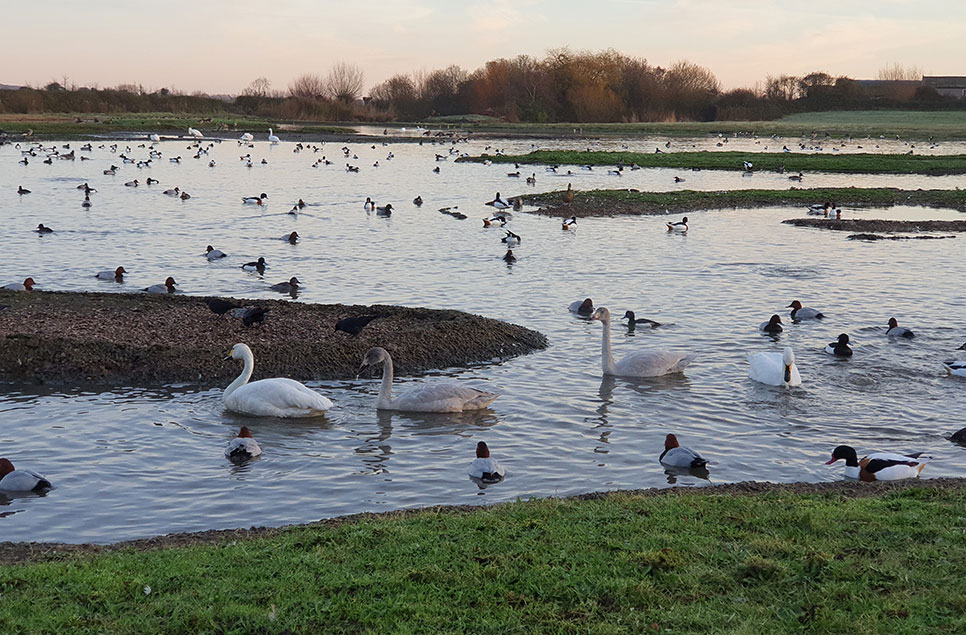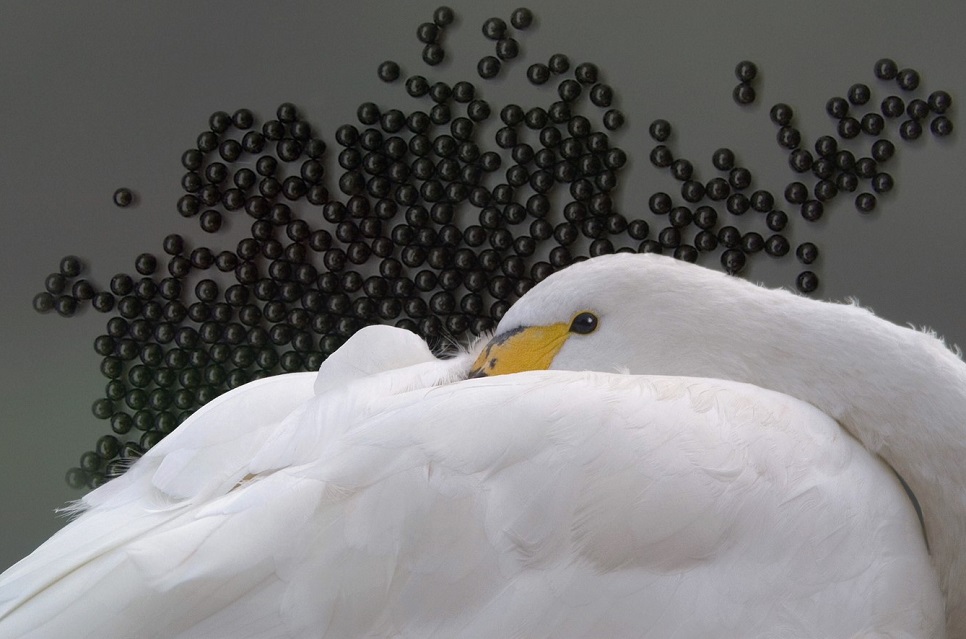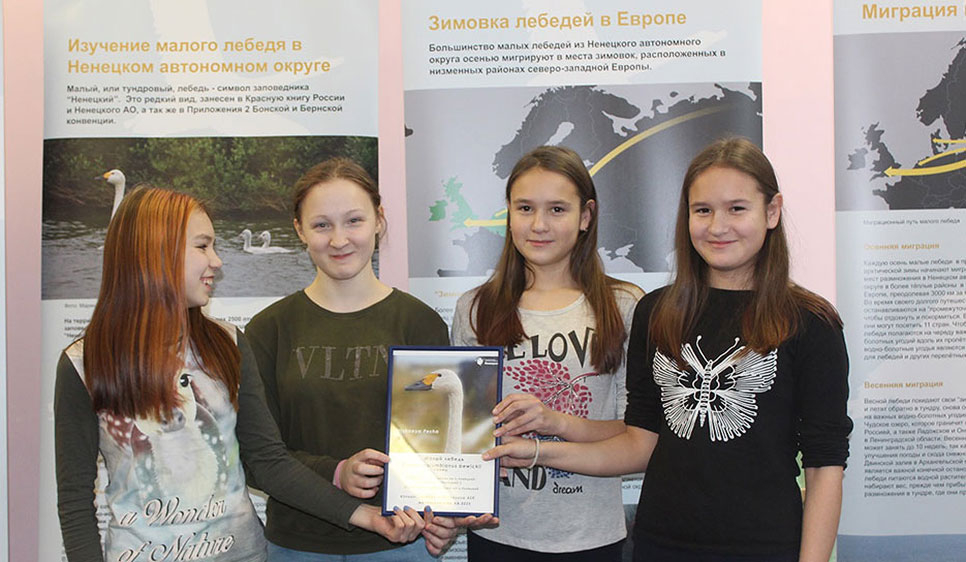A flakey association
So after several days of watching Dario and Bridges, we have come to the conclusion that they are not a pair but just flying pals.
There have been no signs of courtship dances or contact calls, they frequently stray from each other and as Steve Heaven, our swan volunteer, said;
‘I’ve seen Dario peck Bridges on the tail several times!’
It seems that Bridges is just a ‘temporary’ association of Dario’s, leaving him single this winter after the death of his mate Cole in the spring.
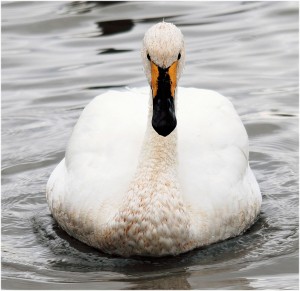
Although Bewick’s swans are very faithful and will mate for life where they can, birds that survive to old age are likely to have several mates as they re-pair after the loss of a partner.
Long-lived birds often have three or four different mates over their lifetimes. As some birds live well into their 20’s, we are hoping that 12 year old Dario will have luck in finding a partner in the very near future......
New birds Bridges and Humbugs are now settling into the routine of the daily feeds whilst Dario continues to hoover as much as he can before more birds arrive.
There are still very few birds in the UK with less than a handful on the Ribble in Lancashire and the Ouse Washes in Norfolk.
Given that we have had one of the warmest Septembers in over 100 years (according to the Met Office) and westerly winds have dominated the autumn so far, it’s not surprising that migration has temporarily stalled, with many birds remaining further east.
There are currently 1,100 birds at Lake Ijsselmeer along the Frisian West coast of Holland and around 800 birds feeding on maize and cereal stubbles in Latvia (W. Tijsen, D. Boiko) waiting for the winds to change.
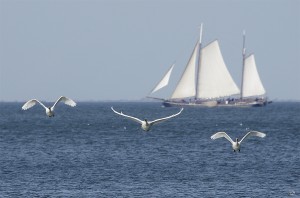
Although the Bewick’s are taking their time to reach British shores, Denmark is experiencing higher than usual numbers, as 500 birds are making the most of crops not harvested after the wet summer (W.Tijsen).
